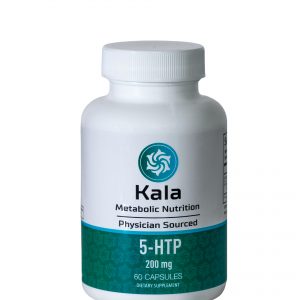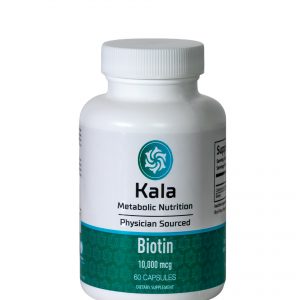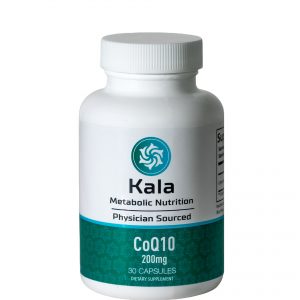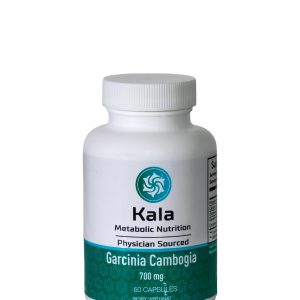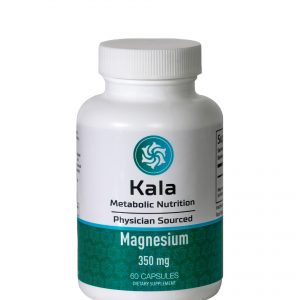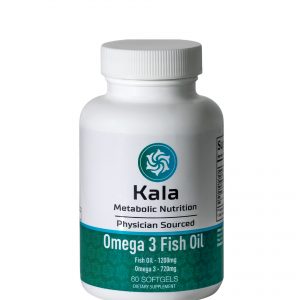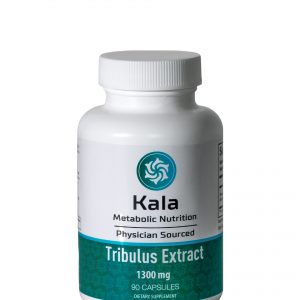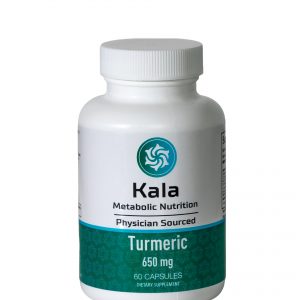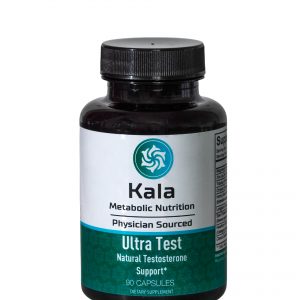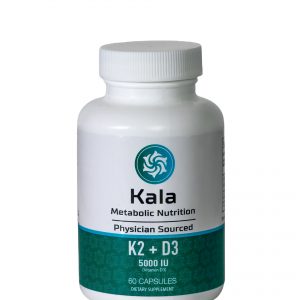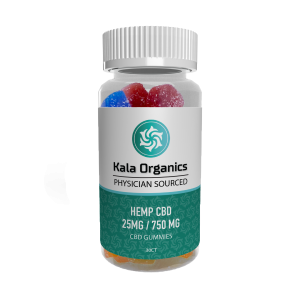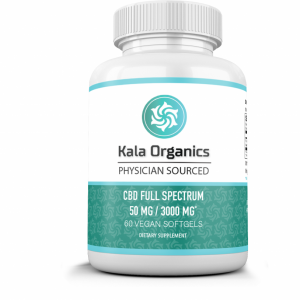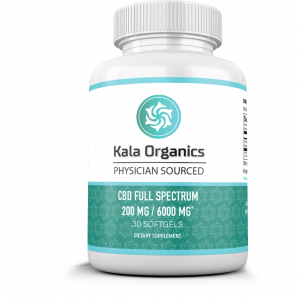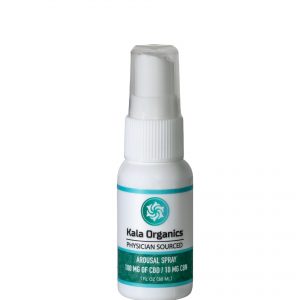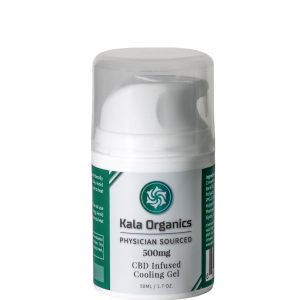How does your metabolism work?
Metabolism in simple words is the chemical process your body uses to transform the food you eat into the fuel that keeps you alive. Food basically consists of proteins, carbohydrates, and fats. These substances are broken down by enzymes in your digestive system, and then carried to the cells where they can be used for cellular adequate function, mainly for fuel. Your body either uses these substances immediately, or stores them in the liver, body fat, and muscle tissues for later use. This process depends on enzymatic reactions helped by minerals and vitamins.
What is a metabolic disorder?
A metabolic disorder occurs when the metabolism process fails and causes the body to have either too much or too little of the essential substances needed to stay healthy. Our bodies are very sensitive to errors in metabolism. The body must have amino acids and many types of proteins to perform all of its functions. For example, the brain needs calcium, potassium, and sodium to generate electrical impulses, and lipids (fats and oils) to maintain a healthy nervous system.
Metabolic disorders can take many forms. This includes:
– nutritional deficiencies
– a missing enzyme or vitamin that’s necessary for an important chemical reaction
– abnormal chemical reactions that hinder metabolic processes
– a disease in the liver, pancreas, endocrine glands, or other organs involved in metabolism
What causes metabolic disorders?
You can develop a metabolic disorder if certain organs stop functioning properly. These kinds of disorders can be a result of genetics, a deficiency in a certain hormone or enzyme, consuming too much of certain foods, or a number of other factors.
What can affect your metabolism?
– Some medications can affect your metabolism; either dangerously speeding it up or slowing it down.
– Eating breakfast every day can jump-start your metabolism.
– Taking the right supplements can optimize your metabolism
– Age can slow your metabolism. In general, as you age, you gain fat and lose muscle. Some people also become less active. However, you can do the opposite and take on more physical activity to make up for your slower metabolism.
The bottom line
You can help your metabolism by changing your energy balance, or the balance between what you consume and what you burn off, through a healthy diet and regular physical activity. Oral supplements also help by optimizing the levels of needed vitamins, minerals and cofactors. Herbal supplements may also help different body functions as well as endocrine function and hormone levels.
Our Products
5-HTP 200mg ( anxiety / depression )
Biotin 10,000mcg ( skin, nails and hair health )
CLA (conjugated linoleic acid) 1,250mg ( weight loss, fat burner ) coming soon
CoQ10 200mg ( energy; a must for patients taking statins )
DHEA-S 50mg ( libido and increases testosterone ) coming soon
Garcinia Cambogia 700mg ( weight loss, appetite control )
Garlic 500mg ( high blood pressure and boost immune system) coming soon
Iron 25mg ( anemia ) coming soon
Magnesium 350mg ( cellular wellness )
Melatonin 10mg ( sleep aid ) coming soon
Omega-3 Fish Oil 1,200mg ( decreases triglycerides )
Saw Palmetto 320mg ( prostate health ) coming soon
Selenium 200mg ( anti-oxidant and heart disease ) coming soon
Tribulus Terrestris 1,300mg ( increases testosterone )
Turmeric 650mg ( anti-inflasmmatory )
Ultra Test ( male health enhancer )
Vitamin C 1,000mg ( immune system booster, skin ) coming soon
Vitamin K2D3 5,000 IU ( most important vitamin for health )
Zinc 50mg ( immune system booster, testosterone ) coming soon
Purchase Products:


